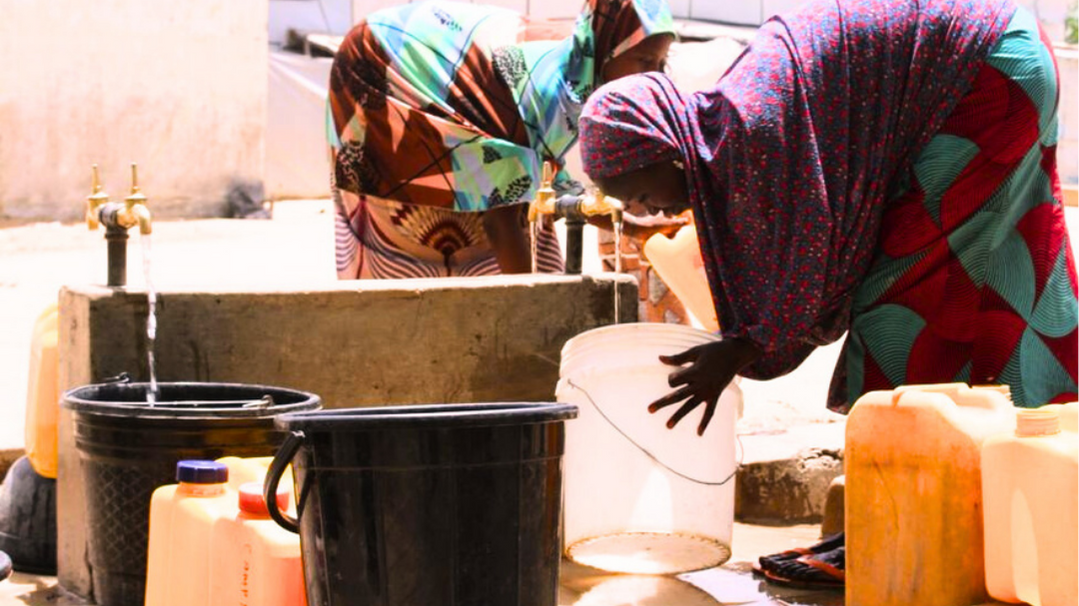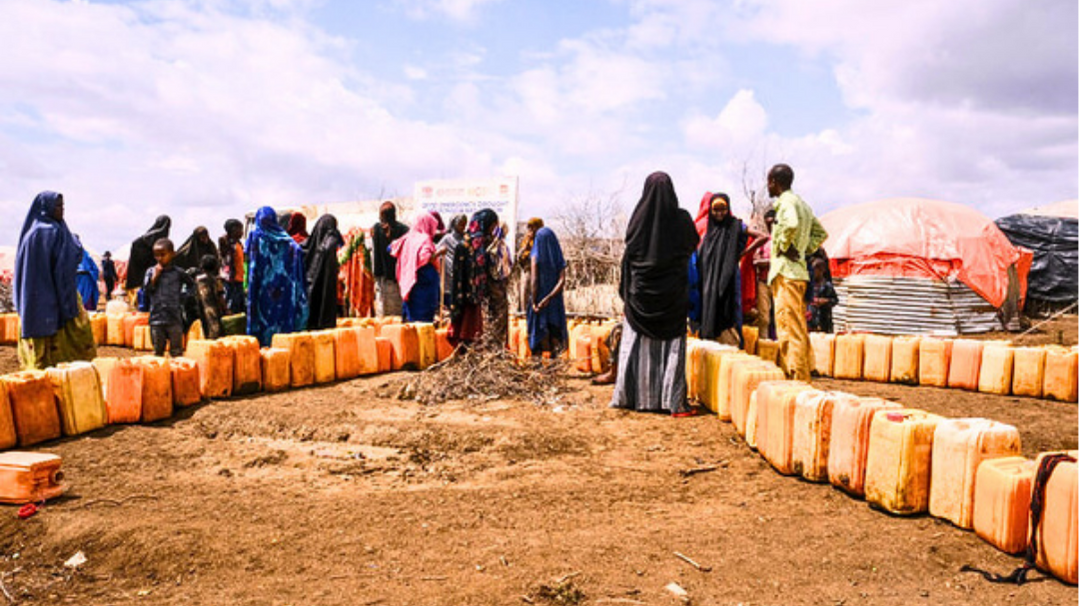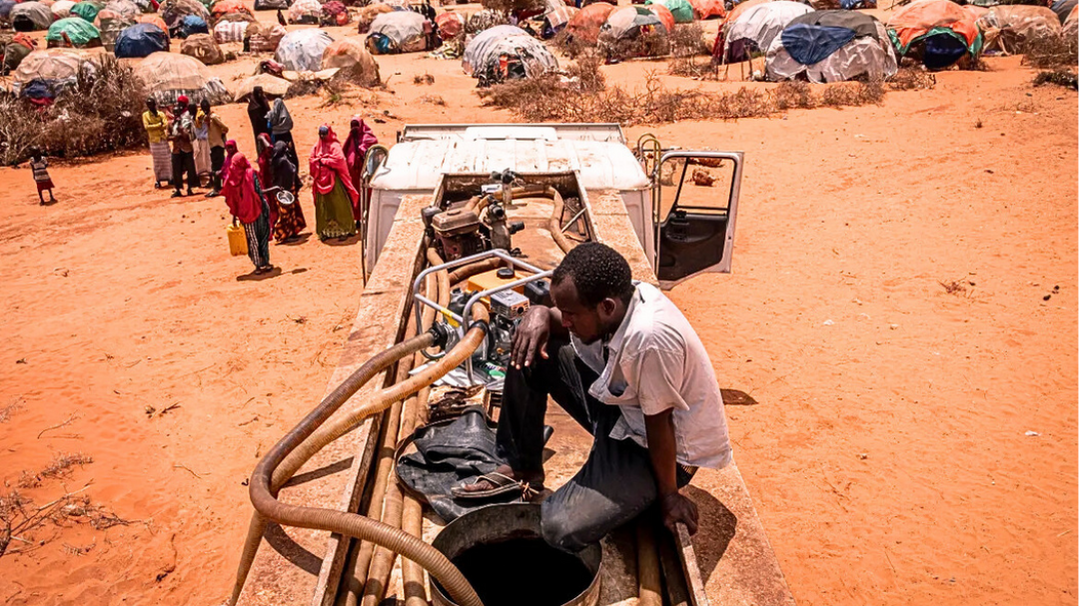Guidance on the Development of an Integrated WASH, Health, and Nutrition Project
Amidst the arid landscapes of the Bay and Bakool regions in Somalia, the availability of clean water and sanitation transcends mere convenience, constituting a fundamental determinant of community health and well-being. Recognizing the profound impact of Water, Sanitation, and Hygiene (WASH) on residents' lives, the Institute of Development and Training Consultants (IDTC) played a significant role on the WASH Baseline Survey initiative. This survey, integral to IDTC's dedication to sustainable development, aimed to evaluate current WASH conditions, pinpoint challenges, and establish the foundation for targeted interventions.
The Landscape
Bay and Bakool, characterized by their semi-arid climate, faced considerable challenges in ensuring water security and proper sanitation. Limited access to clean water sources, coupled with inadequate sanitation facilities, posed a threat to the health and resilience of the communities inhabiting these regions. Recognizing the urgency of addressing these challenges, IDTC initiated the WASH Baseline Survey to inform evidence-based interventions.
Survey Objectives
- Assessment of Current WASH Infrastructure: The survey meticulously examined the existing water sources, sanitation facilities, and hygiene practices prevalent in the communities. This involved on-the-ground assessments, interviews with community members, and a thorough mapping of the WASH landscape.
- Identification of Health Impacts: Understanding the direct correlation between WASH and health, the survey delved into the health outcomes associated with current conditions. It aimed to identify prevalent waterborne diseases, assess maternal and child health indicators, and gauge the overall well-being of the communities.
- Community Engagement and Feedback: The survey placed a strong emphasis on community participation. Engaging with local residents provided invaluable insights into their needs, challenges, and aspirations. This participatory approach ensured that the interventions proposed were rooted in the lived experiences of the communities.


